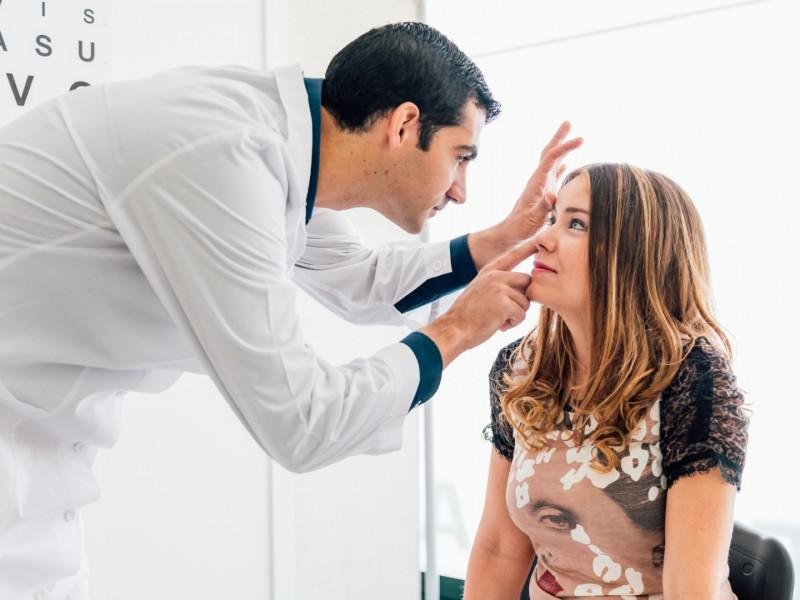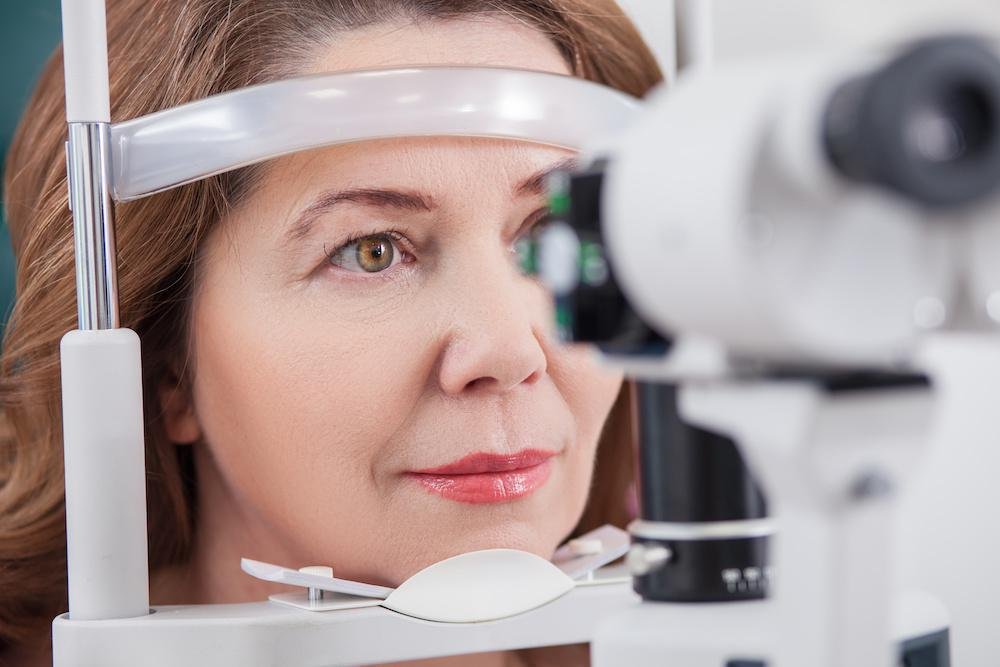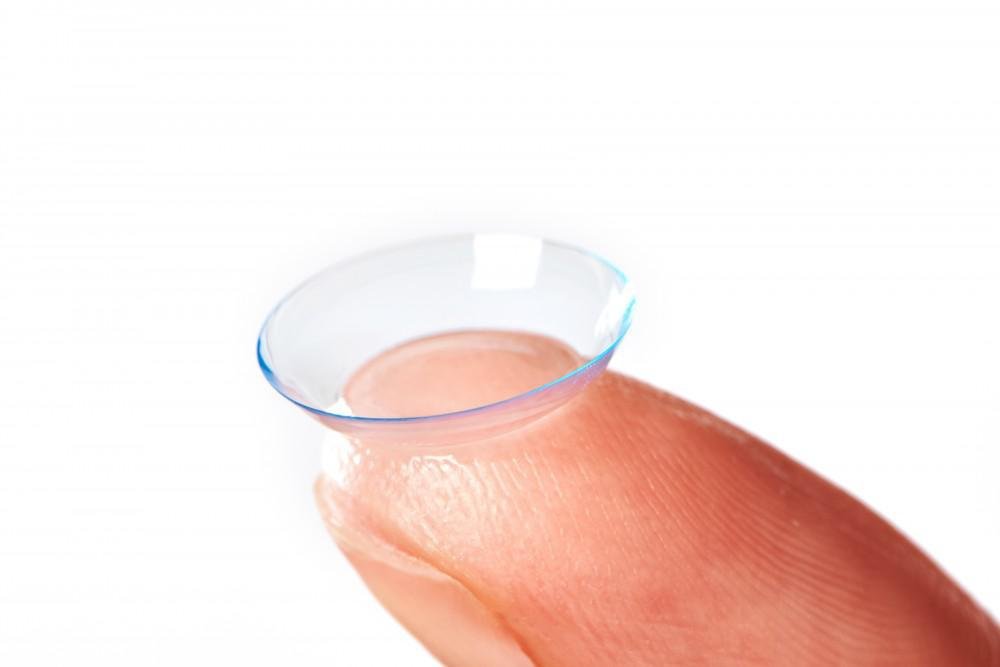We’ve all experienced the pain and discomfort that is caused by a foreign object in your eye. It could have been a piece of dust or grit, or something else so tiny that we can’t even see it. Most of the time they are fairly harmless and easily removed by the natural process of the tears in our eyes. Other times it can be more serious, depending on what the object it is and how deeply it has entered the eye itself.Keep your eye closed gently. Excessive blinking can cause even more irritation and discomfort. You may be very tempted to rub your eye, but you need to resist. Rubbing will possibly cause the foreign body to become even more deeply embedded.The best method for removal is to wash out the eye with an eyewash solution or tap water if no solution is available. You can use the water from a water fountain, a shower or a hose, and be sure to use a gentle flow. The main objective is to use a generous amount of water to ensure the particle is flushed out.
After a good wash, if you can still feel the object in your eye, the next step will be manual removal. Use a tissue or cotton swab at this point, and don’t swipe across your eye. Look in the opposite direction from the location of the object to protect your cornea.
If the item is large or the object has penetrated the eye, contact an eye care professional immediately. Any accident that involves materials such as shattered glass, flying metal shavings, or wood splinters need to be dealt with by an eye care specialist.
Here at Classic Vision Care, we have the skills, tools, and experience to help you if you suffer from any foreign object in your eye, no matter how small. Don’t hesitate to call us if you are not sure that you can handle it yourself, and if the intrusion is serious, contact us immediately.
You Might Also Enjoy…
Are Glasses Better than Contacts?
Trying to decide between wearing eyeglasses or contact lenses? Consider all the factors, including comfort, ease, and appearance. We’ve compiled a list of pros and cons to help you see your way through this significant decision.
Why Sunglasses are Important All Year Long
No doubt you always have your favorite shades close by all summer. But sunglasses protect your eyes all year long, even during darker winter months. Learn how they shield your eyes from harmful ultraviolet (UV) rays any time of year.
How Astigmatism Affects Your Vision
Astigmatism causes a variety of symptoms ranging from blurred vision to eye discomfort and pressure. Understand how a comprehensive eye exam can pinpoint the cause of your symptoms and get your sight back on track.
Who Is at Risk for Glaucoma?
Could you be at risk for glaucoma? The short answer is that everyone, especially seniors, is at risk for glaucoma. Learn how to lessen your odds of losing your sight through early detection and treatment.
5 Steps to Prevent Diabetic Eye Disease People with diabetes are more vulnerable to certain eye diseases, such as glaucoma, cataracts, and diabetic retinopathy. Learn what steps you can take to slow their progression and potentially avoid them in the first place.
Am I a Candidate for Contact Lenses?
If you need vision correction, contact lenses are a popular option. If you’re simply tired of your glasses or just looking to see the world more clearly, discover whether contact lenses may be the perfect fit for you.







